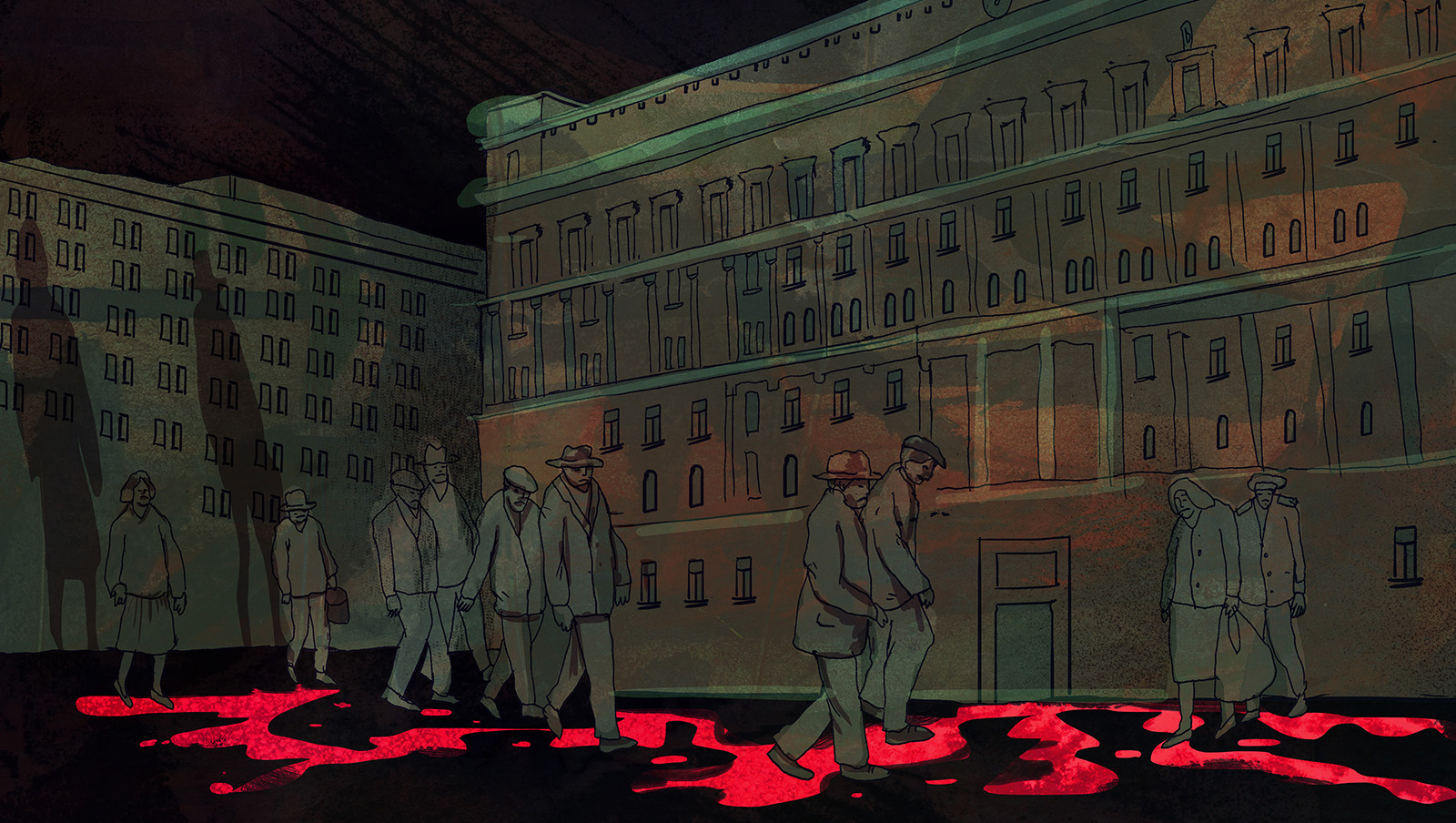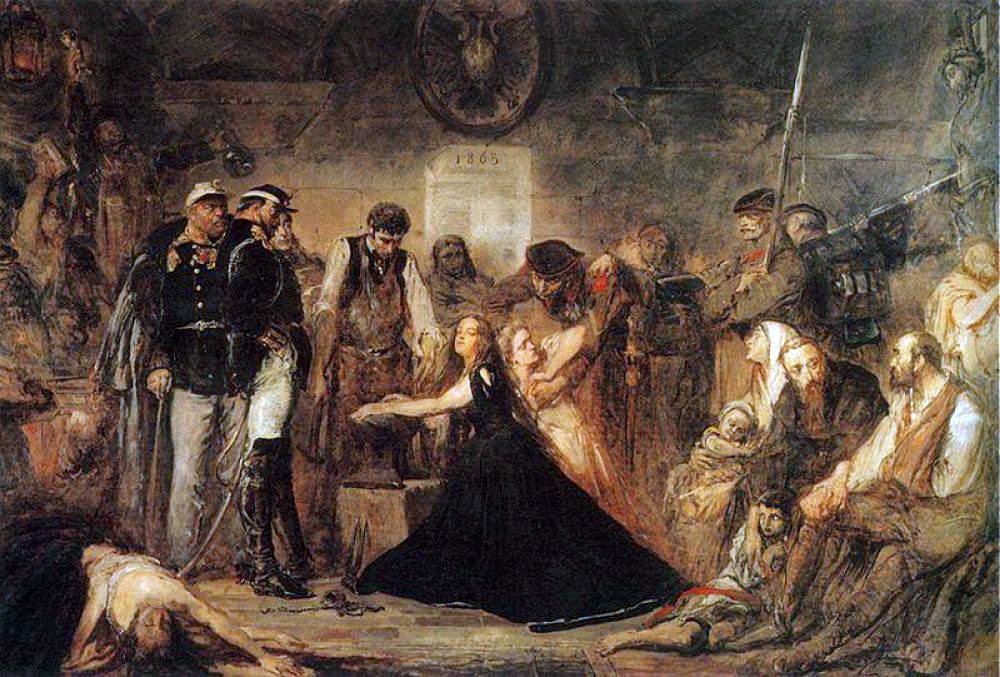Ukrainian President Petro Poroshenko in his speech before the ceremonial gathering of both houses of the Polish parliament on Wednesday, December 17, thanked Poland for its solidarity with Ukraine and urged the Ukrainian and Polish people to forgive each other for past mistakes.
Poroshenko pointed out that the histories of Poland and Ukraine have been intertwined for centuries. The Wielkopolska Chronicle (Chronicle of Greater Poland -- Ed.), written in the 13th century, was the first to record the legend of Lech, Czech and Rus, the three brothers who founded three Slavic nations (Poland, Czech Republic and Ukraine -- Ed.), he said.
According to Poroshenko, Poles and Ukrainians are especially aware that the close relationship between them over many centuries has made them what they are today: "Close in spirit, in language, in European values, in the Christian faith."
Over centuries the two nations have traveled a common path, which was complicated and often tragic. "We lived together in large empires that vanished, leaving us a legacy of misunderstanding," he said.
"In history there are examples of common victories over enemies. But things have also happened that we don't even want to remember," he said
Poroshenko agreed with the statements of Polish President Bronisław Komorowski that the past should not divide the two countries.
"We are inspired by the ideas of the leaders of our churches, who when speaking of the tragic common histories during World War II and the immediate post-war years, with great wisdom advise us to 'forgive and ask forgiveness,'" he said.
Poroshenko also cited the words of Pope John Paul II, who on the eve of the 60th anniversary of the Volyn tragedy said. "If God has forgiven us in Christ, then believers must also forgive mutual wrongs."
"We must do everything possible for further reconciliation and the unity of our peoples, Poroshenko concluded.





